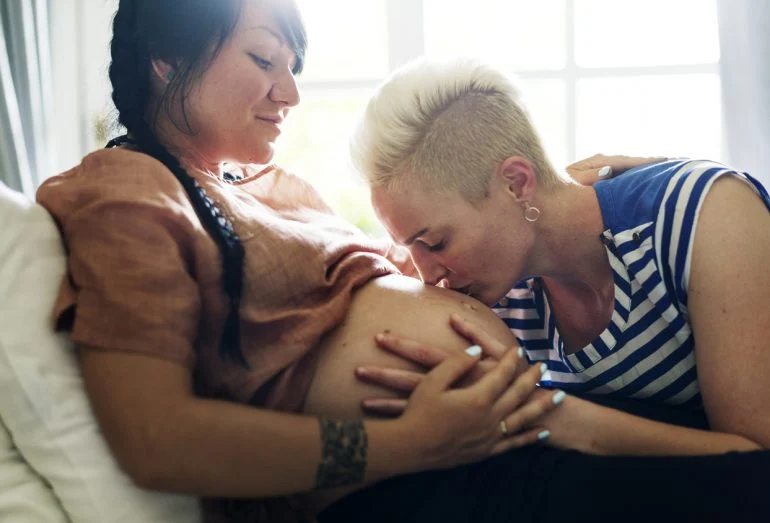Postpartum depression (PPD) is a topic that has gained more attention recently, especially as celebrities share their personal battles, sparking important conversations and awareness. For example, the journey of actress Mia Thompson has helped shed light on this often misunderstood condition. If you’re short on time, here are 14 key points that everyone should know about postpartum depression.
- Commonality: Up to one in seven women experience some form of depression or anxiety following childbirth.
- Timing: PPD can emerge during pregnancy, which is why it’s crucial for women to receive mental health screenings throughout this period and to know that medication and therapy options are available right from that first positive test.
- Beyond the Baby Blues: While many associate postpartum struggles with the “baby blues,” PPD can severely impact a woman’s ability to function. Symptoms can include insomnia, lack of appetite, and overwhelming feelings of anxiety. Dr. Emily Goldstein, a perinatal mental health specialist, emphasizes that maternal suicide is a significant cause of death in new mothers and should not be taken lightly.
- Range of Emotions: The term “postpartum depression” can be misleading as it does not encompass the wide array of feelings women experience. Some may feel anxious, irritable, or even disconnected from their baby.
- Social Pressures: The expectation to be joyful after welcoming a new baby can make it difficult for women to express their true feelings, leading them to suffer in silence.
- Normal vs. PPD: Many new moms are unsure about what constitutes typical postpartum challenges versus symptoms of PPD. Friends and family might say, “It’s supposed to be hard!” without realizing the depth of someone’s distress.
- Risk Factors: Women with limited financial resources or social support, such as single or teenage mothers, face a heightened risk of developing PPD, with statistics suggesting a one in three chance.
- Lack of Treatment: A large number of women with PPD do not seek help, either due to unawareness of their condition or a lack of accessible mental health resources.
- Isolation: Many new mothers only see their pediatrician in the weeks after childbirth, missing out on essential mental health support during this vulnerable time.
- Importance of Community: Social support is vital for new moms. Connecting with other mothers can alleviate feelings of isolation and provide a sense of camaraderie.
- Men’s Mental Health Matters: Interestingly, about 13% of men experience depression when their partners are in the late stages of pregnancy. Providing support to these partners is essential, as their well-being greatly influences the mother’s mental state.
- Long-Lasting Effects: Untreated PPD can persist for years. One woman shared that her struggles continued well into her children’s teenage years.
- Wider Impact: PPD is not solely a women’s issue; it has public health implications. Children of depressed mothers can also experience negative effects, leading to long-term challenges.
- Treatment Options: Approaches to managing PPD can vary from therapy to medication. While some women are hesitant to take medication during pregnancy or while breastfeeding, there are safer options available that minimize risks to the baby.
In summary, new mothers often require more support than they currently receive. By raising awareness and fostering open discussions, we can help those affected by postpartum depression. For additional guidance on pregnancy and home insemination, check out resources like this article for valuable insights. Additionally, for those interested in self-insemination, BabyMaker offers excellent products, and don’t forget to explore more about mental health in our post on postpartum issues.
